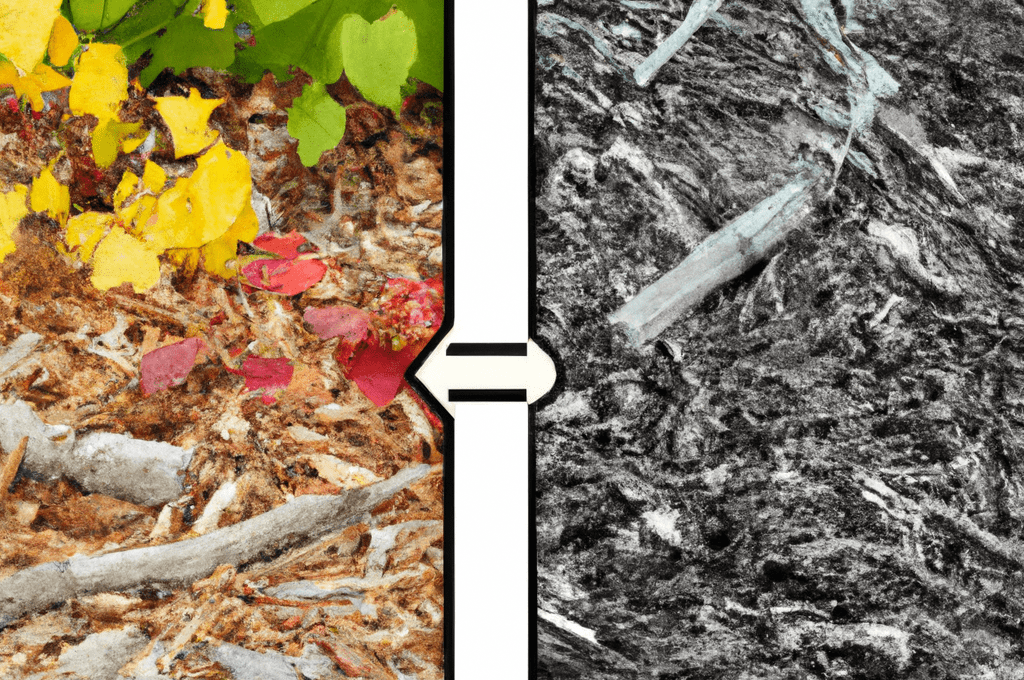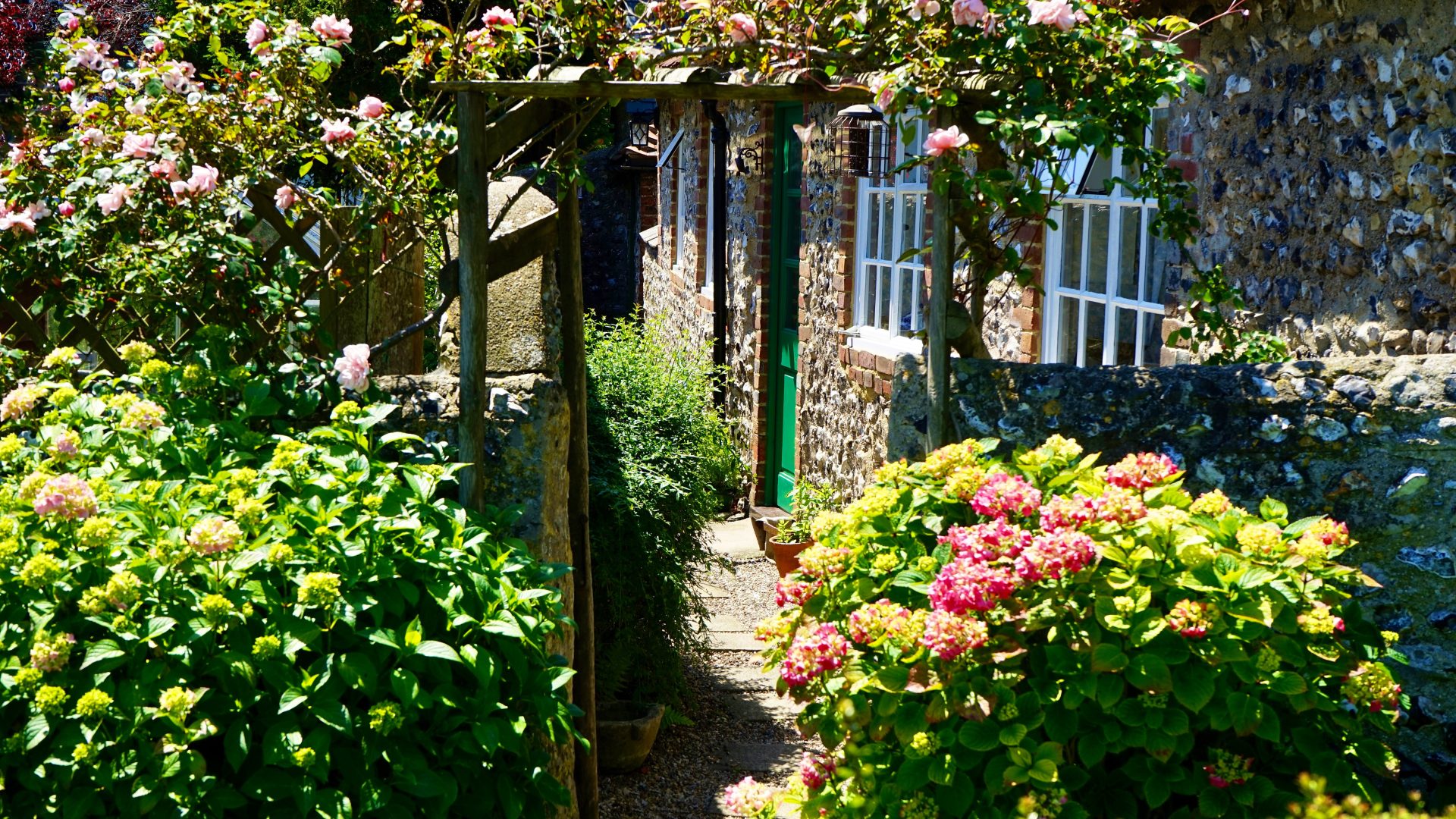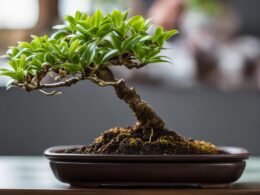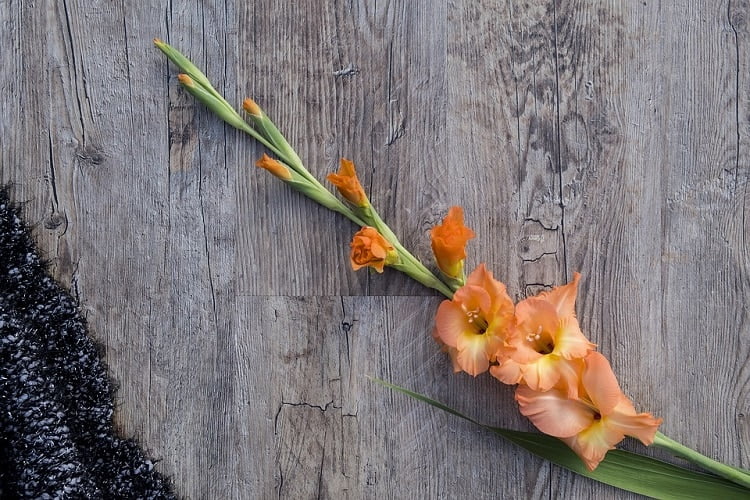If you’re a gardener, you know the importance of mulch. It helps retain moisture, regulates soil temperature, and suppresses weeds. But with so many choices out there, how do you know which type of mulch is best for your garden?
In this article, we’ll compare two popular options: mulch vs bark.
First, let’s clarify the difference between the two. Mulch is any material that is spread on top of soil to improve its quality. It can be made from a variety of materials, including wood chips, straw, leaves, and even newspaper.
Bark, on the other hand, is a specific type of mulch made from the outer layer of trees. While both mulch and bark offer similar benefits, there are some key differences to consider when deciding which one to use in your garden.
So, which is best for you? Let’s find out.
Quick Summary
- Mulch is important for plant growth and maintenance, and has numerous benefits such as insulating the ground, retaining moisture, and preventing weed growth.
- Bark mulch is a popular type of mulch due to its ease of application, longevity, and organic nature. It comes in various sizes and can be made from pine or cedar trees.
- Wood mulch can be good or bad for vegetable gardens, depending on personal preference. It should never be mixed into the soil of a garden bed.
- Choosing the best type and size of mulch for your garden and landscaping will benefit your plants in the long run.
Difference Between Mulch
You already know that mulch is important for plant growth and maintenance, but it’s essential to understand the different types of mulch available.
Bark mulch is a popular choice for gardening because of its ease of application, longevity, and organic nature. It comes in chunky pieces that take longer to decompose, making it cost-effective.
Bark nugget mulches come in various sizes and can be made from pine or cedar trees. Shredded bark mulch is finer in texture and decomposes faster, needing replacement sooner.
Using bark mulch provides many benefits, including insulating the ground, retaining moisture, depositing nutrients, and preventing weed growth. However, it’s important to consider the pros and cons of using wood chips as mulch, as they can be good or bad for vegetable gardens, depending on personal preference.
Types of Mulch
Consider the different textures and decomposition rates when choosing between shredded bark, nugget bark, and wood chips for your landscaping needs. Shredded bark mulch has a fine texture and breaks down faster than nugget bark or wood chips. This means it requires more frequent replacement but can add nutrients to the soil faster. Nugget bark mulch has a chunkier texture and takes longer to decompose, making it more cost-effective in the long run. Wood chips also have a chunky texture and take longer to decompose, but they can be more prone to causing nitrogen depletion in the soil.
When deciding on the best type of mulch for your garden, it’s important to weigh the pros and cons of organic mulch. Organic mulch, such as bark and wood chips, can provide a natural source of nutrients and help prevent weed growth. However, it also requires more frequent maintenance, such as adding new layers and raking to prevent matting and mold growth. In addition, it can attract pests and rodents, so it’s important to monitor for any signs of infestation. Overall, the type of mulch you choose will depend on your specific landscaping needs and preferences.
Choosing the Best Mulch
Take into account the specific needs of your plants and the climate in your area when selecting the ideal type of ground cover. Mulch options are varied, and it’s essential to choose the right one for your garden.
Consider the following factors when choosing the best mulch for your garden:
-
Type of plants: Different plants have specific requirements for moisture, nutrients, and pH levels. Choose a mulch that complements the needs of your plants.
-
Climate: Consider the amount of rainfall, temperature, and wind in your area. For example, in hot and dry climates, mulch that retains moisture is ideal.
-
Cost: Mulch prices vary depending on the type and amount you need. Decide on the amount you need and your budget before making a purchase.
-
Aesthetics: Mulch adds to the curb appeal of your garden. Pick a mulch that complements the color and texture of your plants and landscaping.
-
Environmental impact: Choose a type of mulch that’s sustainable and eco-friendly.
Considering these factors will help you make an informed decision when choosing the best mulch for your garden. Remember, the right type of mulch can help your plants grow healthier and more robust while also adding beauty to your garden.
Frequently Asked Questions
Is it necessary to remove old mulch before adding new mulch?
You don’t have to remove old mulch before adding new mulch, but there are pros and cons to using fresh vs. aged mulch. Recycling old mulch can benefit your garden by adding nutrients and improving soil structure.
Can colored mulch be harmful to plants or animals?
Be cautious when using colored mulch in your garden. Environmental impact and dye toxicity are possible concerns. Using bark instead of mulch can improve soil health and benefit plants without potential harm.
Can mulch attract pests or insects to the garden?
Mulch can attract pests and insects to the garden, but using natural repellents like cedar and eucalyptus can mitigate these effects on soil. These benefits help keep your plants healthy and safe from harmful pests.
How much mulch should be applied to a garden bed?
To apply mulch, start with a 2-3 inch layer and add more as needed. Mulch benefits include insulation, moisture retention, and weed prevention. Bark alternatives like wood chips and shredded bark should be replaced annually.
Can different types of mulch be mixed together?
When it comes to mulching techniques, compatibility concerns arise when different types of mulch are mixed together. It’s best to stick with one type of mulch for your garden bed to avoid any potential issues.








